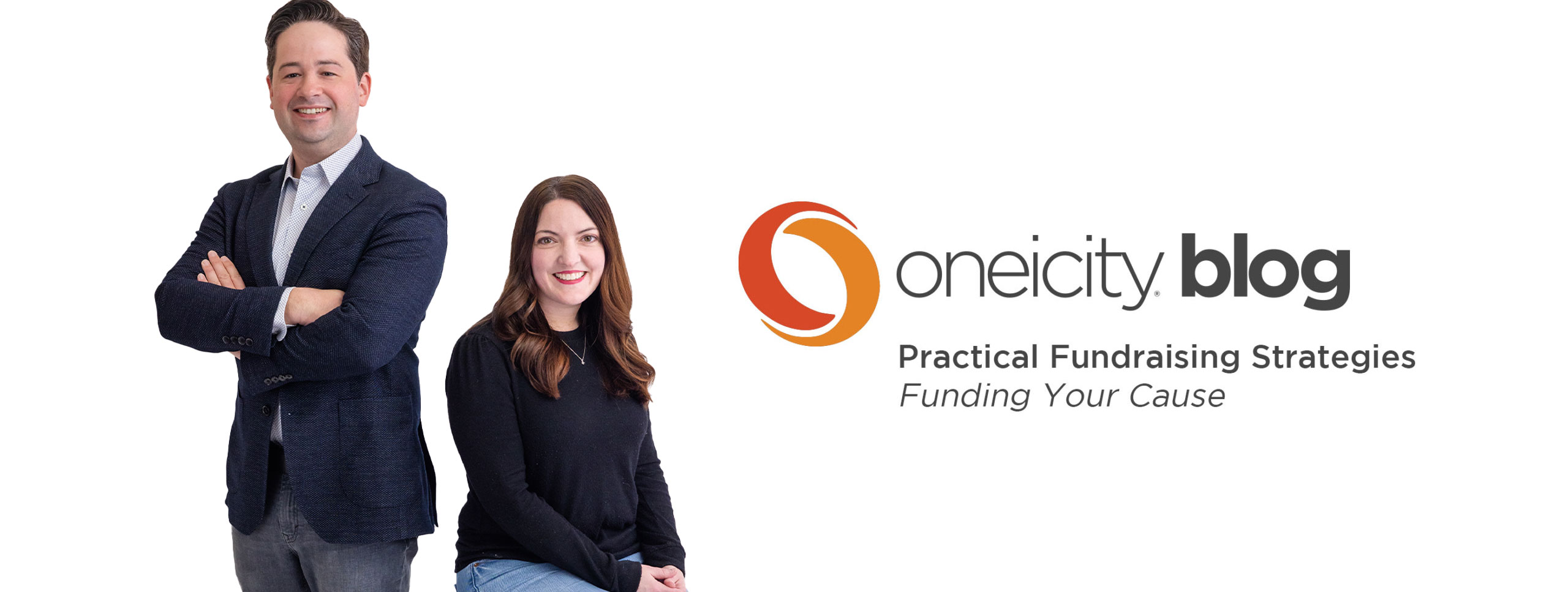For nonprofits and ministries, data hygiene and data purity are pretty boring subjects. Why would a CEO or CFO or Development Officer get worked up about clean data? You’ll remember that data hygiene is the discipline of making certain your data is right… names right, addresses right, gift history right, etc…
Boring. So, boring.
Let’s talk strategy or technology or branding or anything but… [yawn]….. data…particularly clean data [ZZZzzzzzzz…….].
Wake up and meet Robin Dunbar who came up with Dunbar’s number. (How cool is it to have your own number?) Anyway, Dunbar’s number is the number of people with whom you can maintain stable relationships — approximately 150 people. Without getting into how many “unstable relationships” you can manage or the fact that you’re so wonderful you can manage 163 stable relationships, Robin’s point is that there is a finite number of close relationships that a person can manage. For some of us it is a big number; for some of us it is a small number. Either way the number is finite and smaller than larger.
Here’s where Dunbar’s number and data hygiene collide: when the number of donors in your organization exceed Dunbar’s number (about 150 people) data hygiene becomes really serious business. When you can no longer manage your relationships because there are too many people for you to really “know” then you have to be really, really serious about data hygiene.
Hoots preaches data purity like the zealot purist she is. But you know guys like me won’t get worked up about data until there’s a problem. Let me vent just a bit, I’ve dealt with a data hygiene issue at least once a week for the last 6 or 7 weeks where the data wasn’t “pure” and because of that, it messed up my good strategy for a client. Wrong gift amounts, wrong addresses, wrong salutations, incorrect gift designations…you name it and I’ve had that bad data issue bite me in the last few weeks.
If the number of donors you have is less than Dunbar’s number, then you will know that we’re really Steve and Kris Thomas not Steve and Chris Hoots Thomas or Steven and Kristina Hoots…but once you’re above Dunbar’s number then you better have people entering data who understand that spelling a person’s name correctly is not only is the right thing to do, it says them: “I have relationship with you” whereas misspelling says: “I’m pretending to have a relationship with you.”
People give and connect with people who have relationships, not with people who are pretending to have relationships.
So how about you, do you have a data hygiene story? How do you ensure that your NPO’s data is pure? What’s your thinking, am I blowing this out of proportion? We’d love to know what you’re thinking.

Steve Thomas
Partner, Oneicity
(photo credit: Shermeee)

